What to look for when buying a used motorhome
Author: Your RV Good Guide Date Posted: 23 May 2022
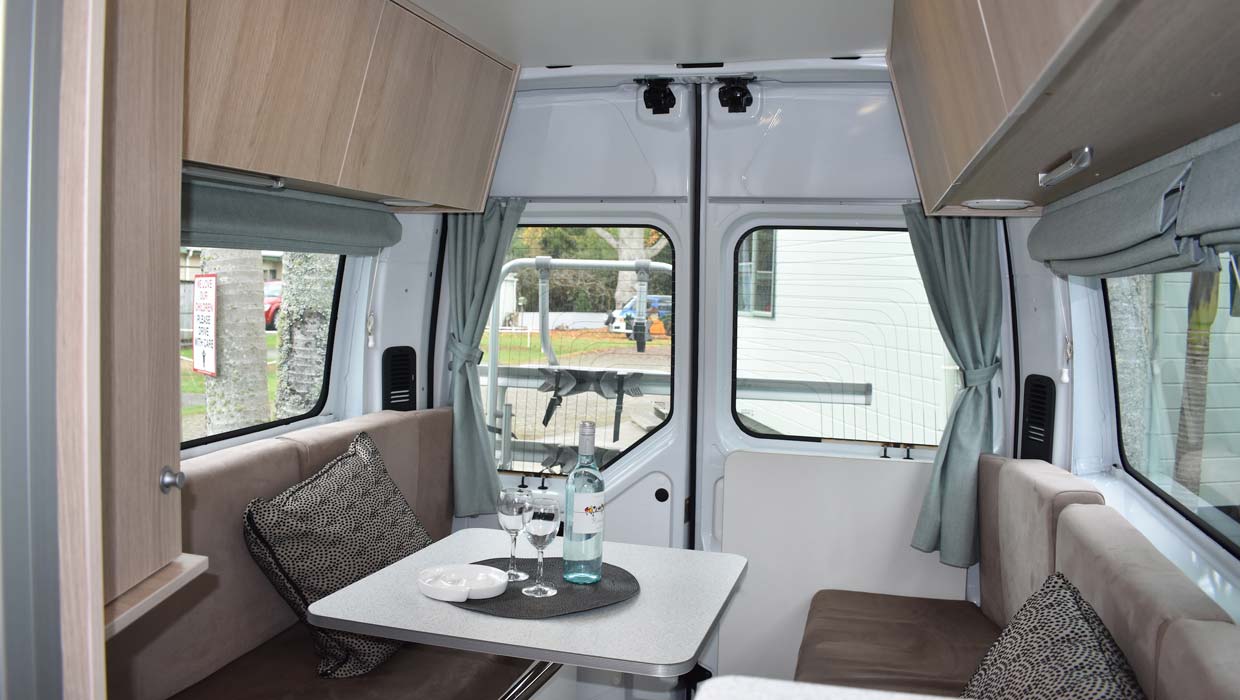
Toying with the idea of buying a used motorhome? You’re not alone! More and more Kiwis are embracing the benefits of travelling by motorhome or campervan and enjoying the freedom to explore new places at their own pace. When you can travel with everything you need in tow, the world really is your oyster.
Buying a motorhome is a big investment, and buying a pre-owned motorhome may save you money that you can otherwise spend travelling. Much like buying a used car, there are a few additional things to think about when choosing to buy a used motorhome. To help, we’ve listed our top 10 tips to guide you in the process of buying a used motorhome.
But first, what are the benefits of buying a used motorhome?
Buying a second-hand motorhome or campervan has many advantages. The biggest one being price. A used motorhome can make self-drive travel very affordable which means you may be able to get on the road sooner than you think.
But it is still a considerable investment, so it’s important to make sure you ask all the right questions and consider all the angles.
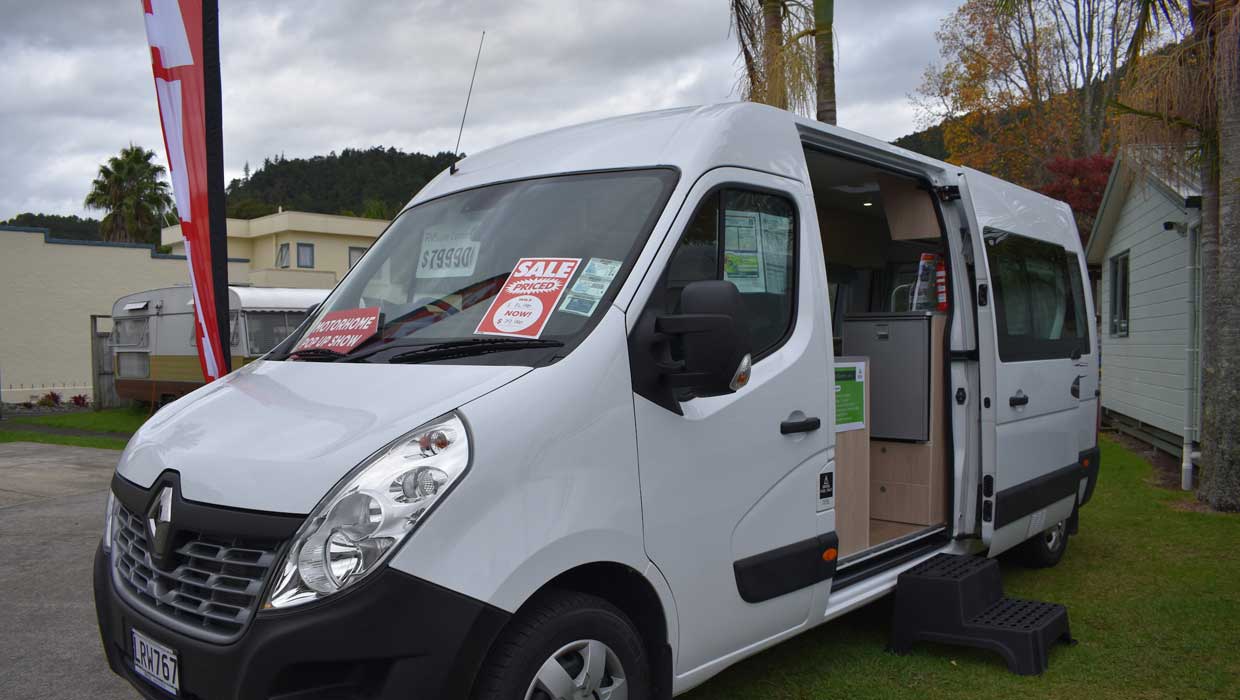
Top 10 tips for buying a used motorhome
1. Do your research
The first step toward choosing the best used-motorhome for you is to think carefully about how you’ll use it. Consider things such as:
- Are you happy with a compact kitchen, or do you need plenty of cooking space?
- Do you want room for guests or grandchildren to join?
- What type of bed layout do you prefer?
- How often will you use the bathroom – does it need to be big, or will a compact one suffice?
- How much interior storage space will you need?
- Do you need a large external locker for sports equipment etc?
- What size water tanks will you need?
These are just some of the things to consider. There are likely to be many more that you may not think of until you start looking. A good first step in the research process is to visit a dealership and form a relationship with someone you trust. They’ll offer good advice and will be happy to walk you through the different models available and help you find a motorhome that best matches your wants and needs.
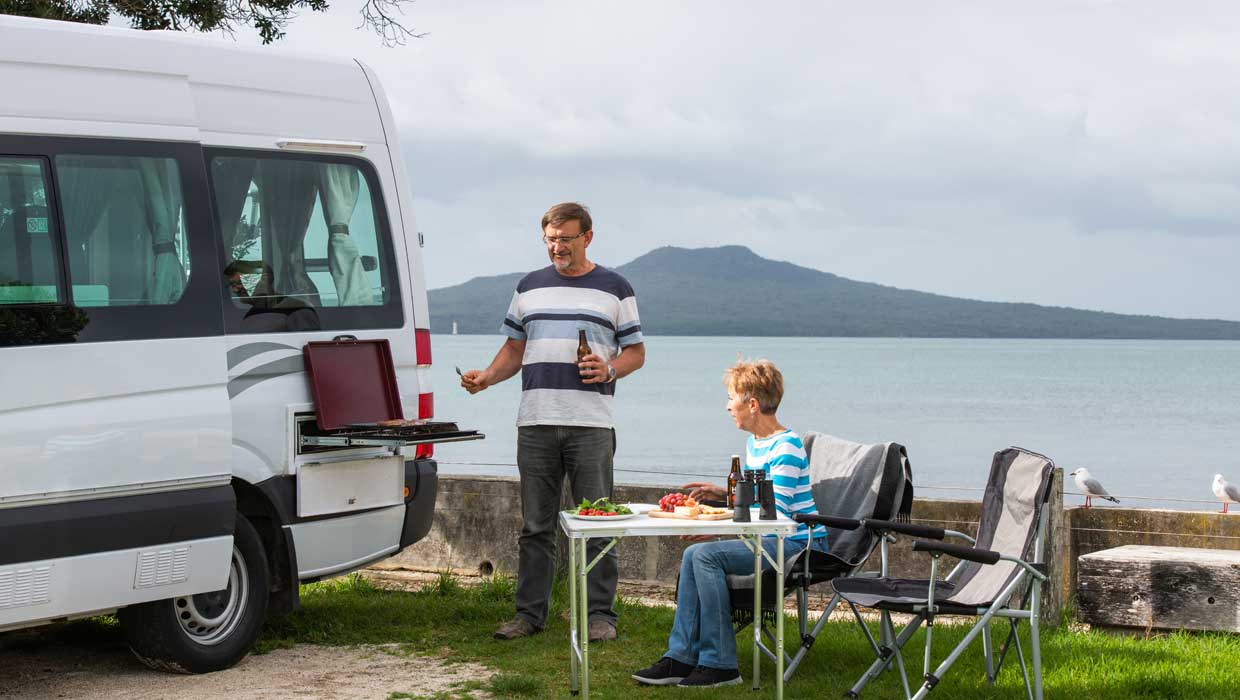
2. Buy from a reputable motorhome dealership
It’s good to stick with a trusted dealership that specialises in motorhomes and campervans. They will have the expertise to guide you in your purchase and can provide backup should any issues arise after you buy.
When you’re looking through used motorhomes, ask the sales team if any refurbishments have been made, and ask to see any service records and paperwork that comes with it. Don’t forget to find out about their warranties and after-sale service.
RV Super Centre is owned by Tourism Holdings Limited (thl) which owns rental companies worldwide. Ask our Good Guides at the Auckland and Christchurch locations about the comprehensive refurbishment these vehicles receive. Buyers often say our refurbished vehicles come to the market like new. And for extra peace of mind, every vehicle sold includes a free 12-month guarantee.
3. Look, listen, and smell!
When you’re looking at used campervans for sale, it’s important to keep an eye out for signs of water damage. A good tool to use is your sense of smell. Does it smell damp or musty? Check for any watermarks around windows or on ceilings. Look in bench seats and cupboards. It’s worth using a moisture meter if you have concerns.
Take the motorhome for a test drive if possible and listen to the engine and gearbox; pay attention to any rattles and squeaks. Here are a few other things to look out for:
- Signs of rust – thoroughly inspect any new paintwork for signs of cover-ups.
- Check upholstery and mattresses for wear and tear (these can be easily replaced but it’s worth knowing if this is necessary when you buy).
- Inspect woodwork for damage that may require repair.
- Check appliances and gas bottles are clean and well cared for.
- Ensure all warrants and certificates of fitness are up to date.
- Is the motor clean? Ask for the engine history and get an independent mechanical opinion if there are any concerns.
4. Consider the seating in your motorhome
Chances are you’ll be spending a lot of time at your motorhome table, so it’s important to consider what table seating arrangement best suits you. Apart from meals, how else will you use your table?
- Do you need a large table for working while you travel?
- Is there enough room for guests?
- Do you need a dinette that converts into a bed?
- Is the tabletop removable? If so, is there space to store it?
- Will the table be needed for food preparation?
- Do children need access for games?
- Do you need seat belts on the dining seats or room for car seats?
- Do the front seats swivel to make extra seats?
- Does the tabletop swivel to make it easier to move around the vehicle?
Spend some time getting in and out of the seats in your motorhome to really get a feel for it before you buy. When buying a second hand motorhome, ensure the table and chairs are in good working order before you buy.
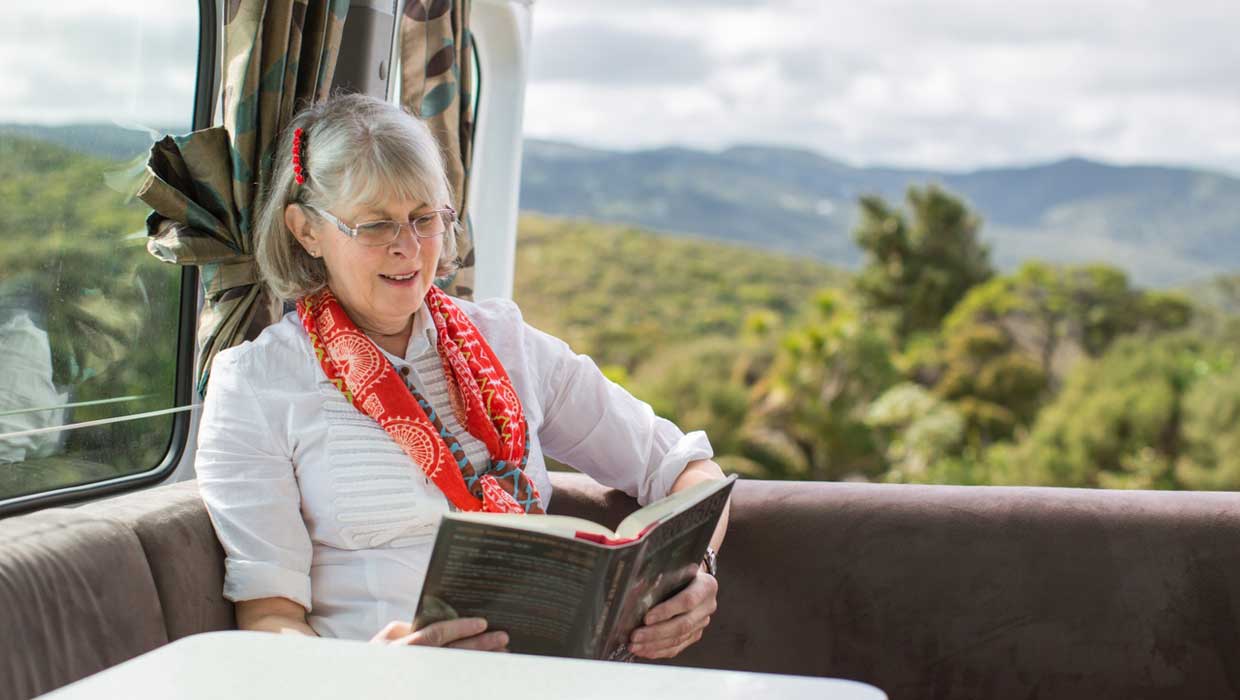
5. Decide on your priorities for the kitchen
Think about the preparation space you need in your motorhome kitchen. If you love to cook, this will be a priority. You’ll also want to ensure you’ve got plenty of storage space for all your cooking needs. A few things to consider:
- Check the oven, grill, and refrigerator type and size. How much capacity do you need for each?
- Is there enough bench space?
- Do you need a microwave? Where is this placed?
- Is there an opening window or extractor fan near the cooktop?
- Do you plan to mostly eat out, or barbecue your meals?
Motorhome kitchens are a key component in your motorhome that you’ll want to get right. When buying a motorhome (used or new) you’ll want to ensure the configuration and layout prioritise what’s most important to you.
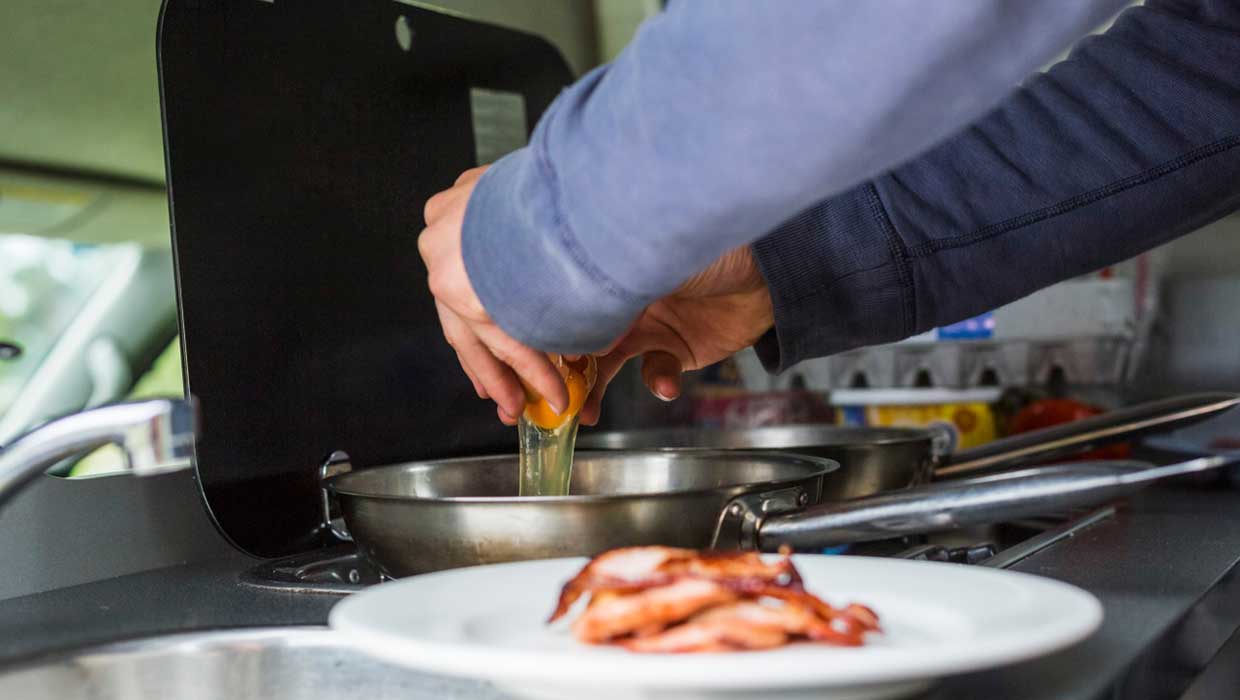
6. Consider sleeping arrangements
Another top priority for most people who are looking to buy a motorhome is the bed layout. Some questions to consider include:
- Are you happy to make up a bed daily (e.g. converting a lounge/dinette into a bed)?
- Is easy access to both sides of the bed important?
- Do you sleep together or prefer single beds?
- Do you prefer to have a separate bedroom away from the lounge?
Island beds are one of the most sought-after bed types, but they take up a fair bit of space. These sorts of decisions may require compromise. Take an open mind with you when you look over various models.
7. Understand the water capacity of the motorhome
You may not have had to think about your water capacity before, but in a motorhome, you need to consider freshwater storage as well as storage for both grey water (shower and kitchen) and black water (toilet). If you’re unsure how much you’ll need, ask your RV Super Centre Good Guide – they have lots of experience and can help guide you on everything related to water capacity. Other questions you might like to ask include:
- Do you need drinking water filters?
- Are water-saving showerheads worth installing?
- How is the water heated?
- What bathroom layout would best suit your needs?
8. Get to know the power supply and usage for the motorhome
When you’re travelling by motorhome, power supply and useage is an important consideration. Most motorhomes and campervans in New Zealand use a combination of 12V (battery) power and 240V (mains) power, along with LPG gas.
There are several different types of 12V RV batteries, each with its pros and cons, and in a range of sizes (measured in amp hours or AH). The amp hour rating determines how long your battery can run before it needs to be recharged. Determining the size of battery you’ll need will depend on how often you’ll be using it, and what appliances you have on board. When you’re buying a used campervan, it’s also worth checking how old your 12V battery is - well maintained batteries can last anywhere from four to seven years. If the battery that comes with your secondhand campervan is getting near the end of its life expectancy, or isn’t sufficient for your needs, it might be worth considering an upgrade.
Next, check the size, number, and condition of the gas bottles included, along with how and where they are stored. Gas bottles should have a dedicated external storage locker and must never be stored inside your motorhome.
9. Ensure there are sufficient power points
Are you planning to travel with plug-in appliances such as a laptop, TV, kettle etc? Look through the motorhome and ensure there are sufficient power and USB charging points. Older vehicles may be less likely to have multiple power points. It’s also a good idea to look at the power panel and make sure you understand how to use it.
10. Test it out
Remember, a motorhome is more than just a vehicle – it’s a new way of life! With that in mind, plan to take your motorhome for a good test drive. Even better, see if you can use it overnight and get a real feel for how it would be to eat, sleep, and relax in.
RV Super Centre offers a try before you buy option which allows you to experience a motorhome on a holiday break – then if you decide to buy within three months, you’ll receive up to $1500 worth of rental charges back.
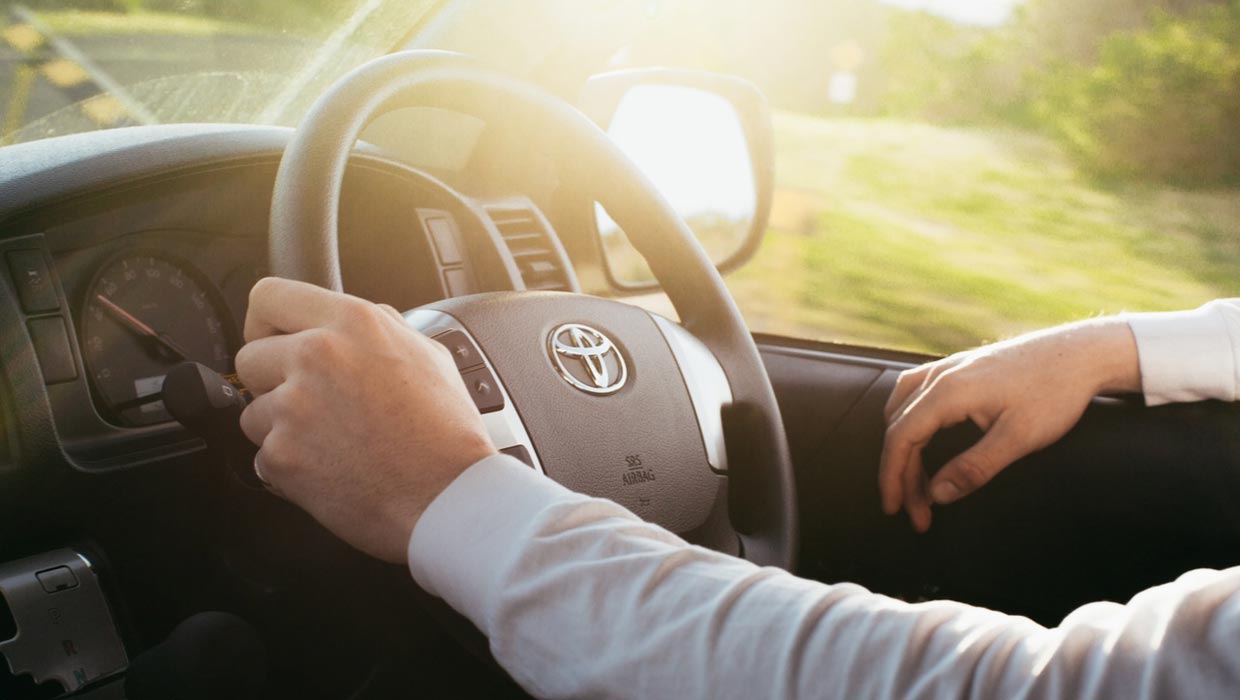
Other things to consider when choosing a used motorhome
In the same way as you’d buy a home, sometimes you get a feeling as you step inside a motorhome that it just feels right, and you can instantly see yourself enjoying it. Before you sign on the dotted line, here are a few more items worth checking: Are the windows well placed to allow plenty of light and air circulation? Do they have blinds/insect nets? Does the layout of the lounge feel welcoming? Is there plenty of lighting and is it low energy LED? Is the entrance step easy to use, and does the entry have a handrail and external lighting?
Ready to start looking for your used motorhome?
The journey of researching and looking at motorhomes to buy is an exciting one. Remember, ask lots of questions, take your time, and enjoy the process. You’ll soon be out and about enjoying the freedom and adventure of motorhome travel and all the amazing benefits it has to offer.
Take the next step today and start your search for a second-hand motorhome here.






